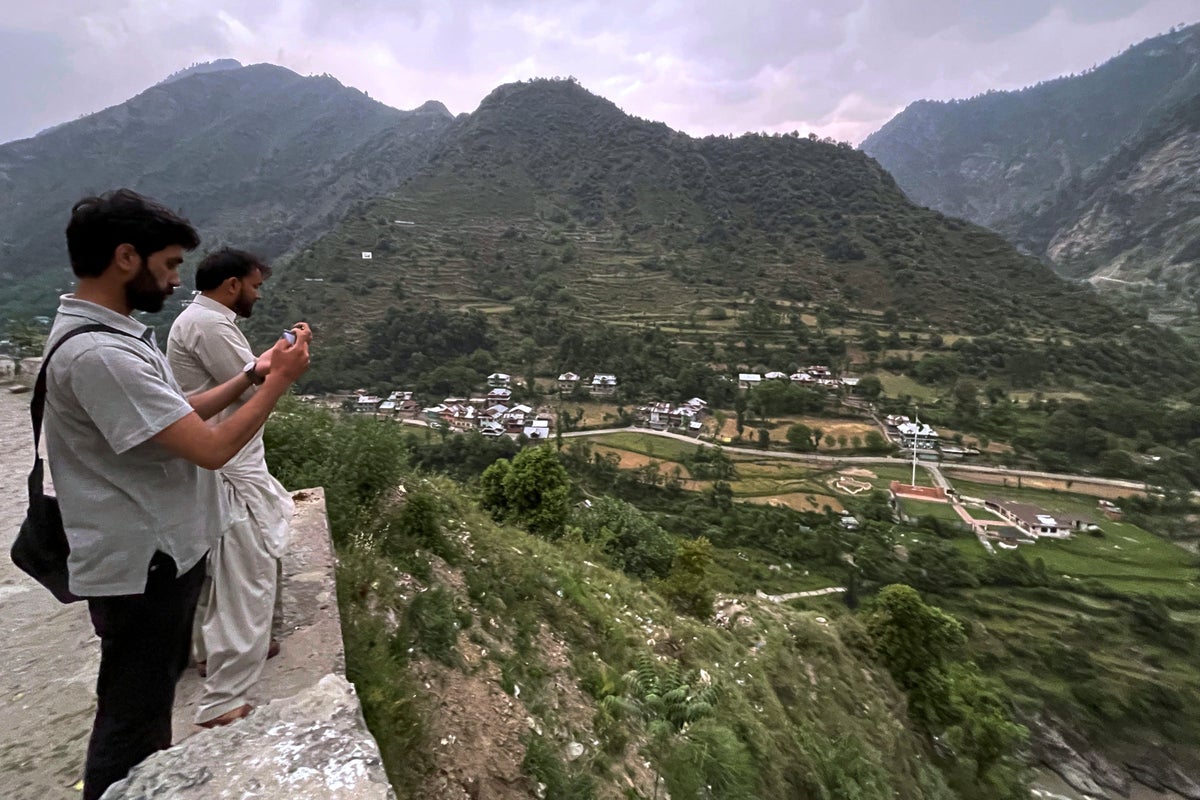
The idyllic Neelum Valley in northern Pakistan, typically bustling with 300,000 summer tourists drawn to its breathtaking landscapes, now stands deserted. The escalating tension between Pakistan and India following a deadly attack in the Indian resort town of Pahalgam has cast a long shadow over the valley’s tourism industry.
Last week’s attack, which claimed the lives of 26 people, has significantly amplified the existing friction between the two nuclear-armed neighbors. India has pointed fingers at Pakistan for the incident, an accusation that Pakistan vehemently denies. This exchange of accusations has created an atmosphere of uncertainty and fear, driving tourists away from the once-popular destination.
Neelum Valley’s precarious location, less than two miles from the Line of Control – the de facto border dividing the contested Kashmir region – further exacerbates the situation. Its proximity to the border makes it particularly susceptible to any potential military action, adding another layer of concern for potential visitors.
The valley’s vulnerability has transformed it from a haven of tranquility into a region gripped by anxiety, highlighting the devastating impact of geopolitical tensions on local communities and their livelihoods.
Hotel owner Rafaqat Hussain said Thursday the crisis has hit the tourism industry hard. “Most tourists have left and returned to their cities because there is a risk of war.”
Authorities in the Indian-controlled part of Kashmir temporarily shuttered dozens of tourist resorts following the attack as a precaution.
No such order has come from Pakistani authorities. Bazaars in the Pakistani border town of Chakothi were open for business, although people were concerned.
“First of all, our prayer is for peace, as war always affects civilians first,” shop owner Bashir Mughal told The Associated Press, saying he would fight alongside the army in the event of conflict.
Pakistan used to help residents to build bunkers near their homes during periods of intense cross-border firing. But the population has grown and some homes lack shelters. “Local casualties could be devastating if war breaks out,” Mughal warned.
Saiqa Naseer, also from Chakothi, shuddered at the childhood memories of frequent firing across the border. “Now, as a mother, I find myself facing the same fears,” she said.
She remembered Indian shells striking the picturesque valley hen the two countries came close to war in 2019. She has a bunker at her home.
“If war comes, we will stay here. We won’t run away,” she said.
Source: independent.co.uk


